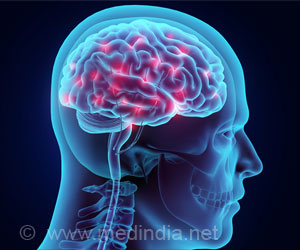Two proteins, called GATA4 and GATA6, in mammalian embryos play a key role in the development of a healthy heart, according to researchers at the Medical College of Wisconsin, Milwaukee.
Researchers at the Medical College of Wisconsin, Milwaukee have revealed that they have identified two proteins, called GATA4 and GATA6 that play a vital role in the development of a healthy heart in mammalian embryos.
This first of its kind study, led by Stephen Duncan, Ph.D., professor of cell biology, neurobiology and anatomy at the Medical College, also cited that the absence of these proteins hamper heart development in mammals.The identification of these proteins may pave the way for researchers to unravel the fundamental mechanisms that define heart cell formation.
The discovery is important as understanding the molecular pathways that control the development of the heart may help many children that are born with congenital heart defects and others who die during gestation because of complications from improper heart development.
"Defining these molecular pathways has implications in the production of heart cells from stem cells. Our study suggests that mutations in GATA4 and GATA6 are likely contributors to the development of congenital heart disease in children. Indeed other investigators at our Medical College, as well as elsewhere, have found mutations in one of the genes from our study in children born with heart abnormalities," said Dr. Duncan.
The researchers found that either of two proteins, GATA4 and GATA6, controls the expression of genes that tell early embryonic cells to start making other proteins that eventually become beating heart cells.
"When either GATA4 or GATA6 were present, the stem cells were able to make most of the proteins that are required for heart function suggesting that they act in a redundant manner. However, when both GATA4 and GATA6 genes were mutated, the embryonic stem cells were unable to form heart cells in the lab," said Dr. Duncan.
Advertisement
"When embryos were cloned from normal stem cells, they made normal beating hearts. However, when embryos were cloned from the GATA4/GATA6 deficient stem cells, the embryos developed but were completely lacking all heart cells," explained Dr. Duncan.
Source-ANI
RAS/C











